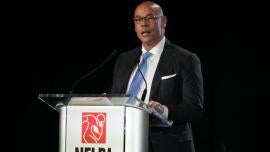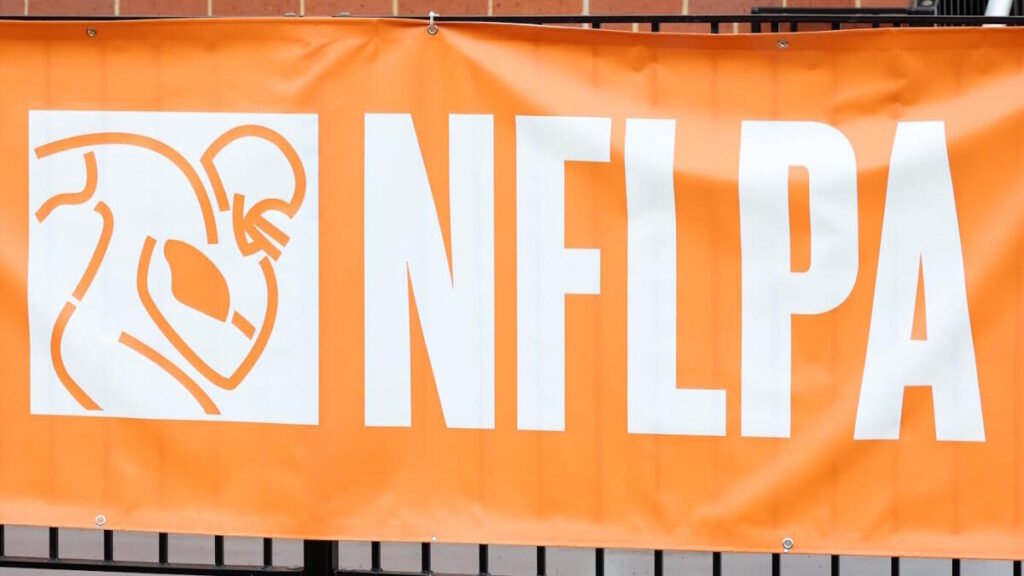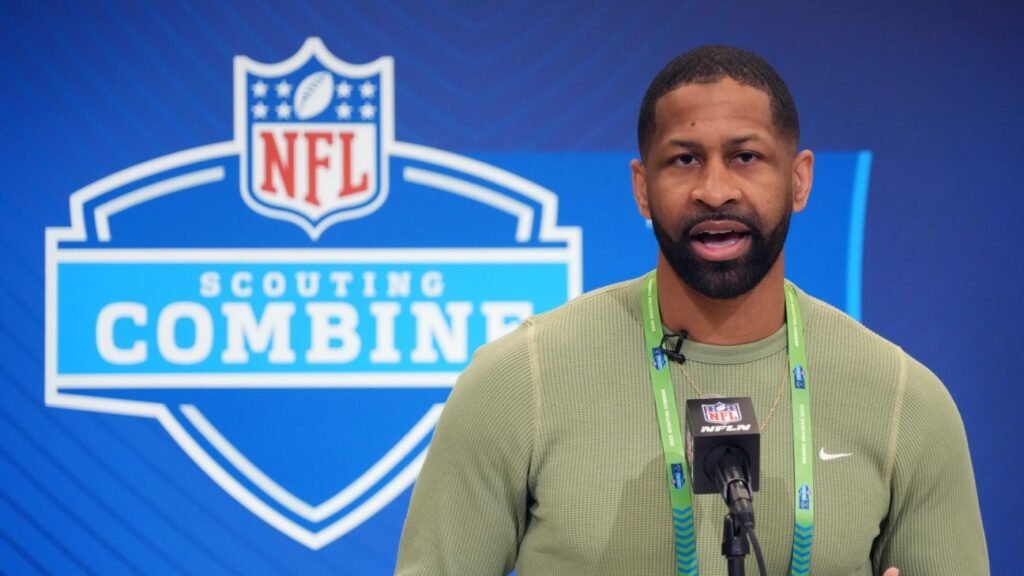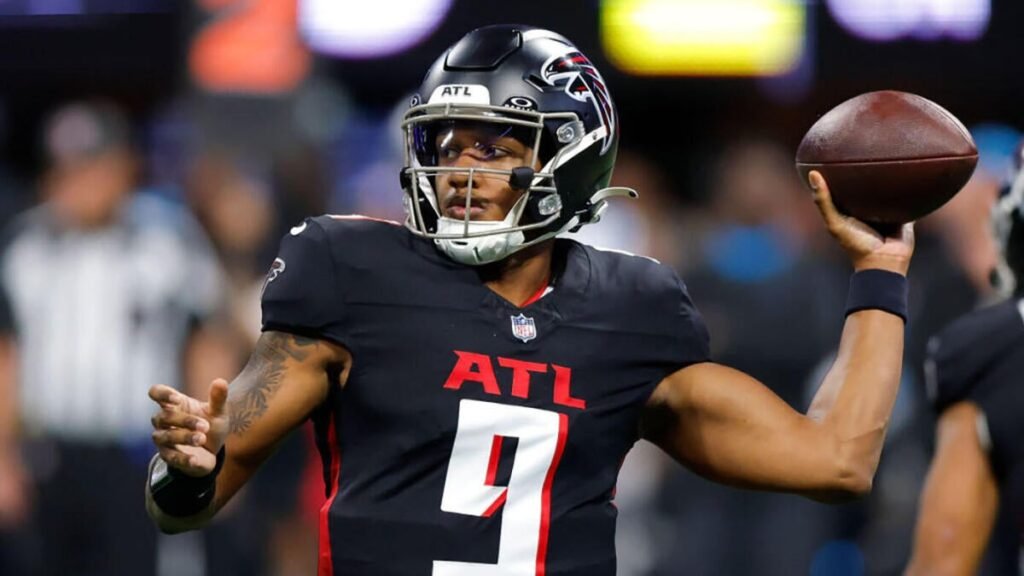A federal investigation into the finances of the NFL Players Association includes potential criminal actions, including the misuse of funds and self-enrichment of union officials, according to a confidential document obtained by ESPN. A memo titled “Crisis Management” was drafted by a senior union attorney and shared with the NFLPA’s executive committee and player representatives this week.
That document claims the NFLPA is “now on notice of financial actions that may be criminal” and cites “immediate threats requiring prompt actions” — namely, potential actions by the National Labor Relations Board over “unfair business practices” and a “lapse of fiduciary duty oversight practices” during the tenure of NFLPA executive director Lloyd Howell Jr., who resigned last week. Howell is facing criticism over a potential conflict of interest regarding his involvement with The Carlyle Group, as well as reports that Howell had expensed the union on trips to strip clubs.
The FBI has been investigating financial dealings involving OneTeam Partners, a group-licensing firm co-founded by the NFLPA and the Major League Baseball Players Association. According to the documents of the case obtained by ESPN, the federal government is watching the union’s response and “could quickly ramp up and expand scope of existing DOJ criminal investigation … Board [and] Officers need to show government [and] fellow union members that they are acting immediately to find out depth of problems at union [and] related entities.”
What’s next after NFLPA executive director Lloyd Howell resigns? ‘The men deserve better’
Jonathan Jones

The document does not specify which individuals may be under criminal investigation but describes a “leadership vacuum” at the NFLPA, which also saw the recent resignation of director of strategy J.C. Tretter, and urges player representatives to take “prudent and definitive actions” in order to avoid the NFLPA being subject to court-supervised oversight on the orders of the Justice Department. The document makes mention that the NLRB can order the NFLPA to pay “direct or foreseeable pecuniary harms” caused by unfair labor practices.
The upheaval at the NFLPA comes after it was discovered that Howell had struck a confidentiality agreement with the NFL that prevented the union’s executive committee and player representatives of learning the details of a Jan. 14 arbitration ruling. The ruling in question concluded that while there was not enough evidence to prove that NFL owners had colluded to prevent players from receiving fully guaranteed contracts, there was evidence that the NFL’s management council had encouraged owners to limit guaranteed money in player contracts.



